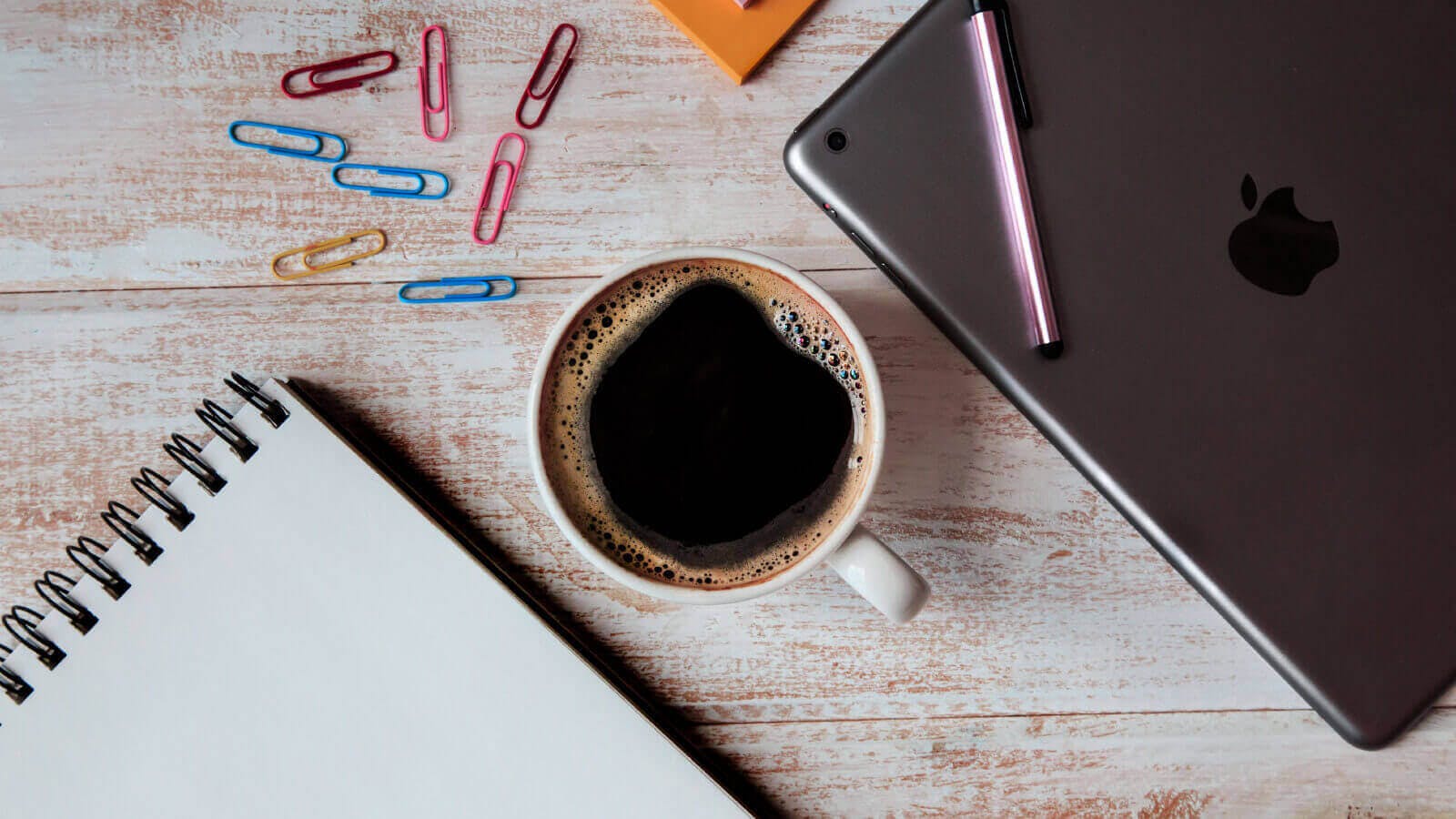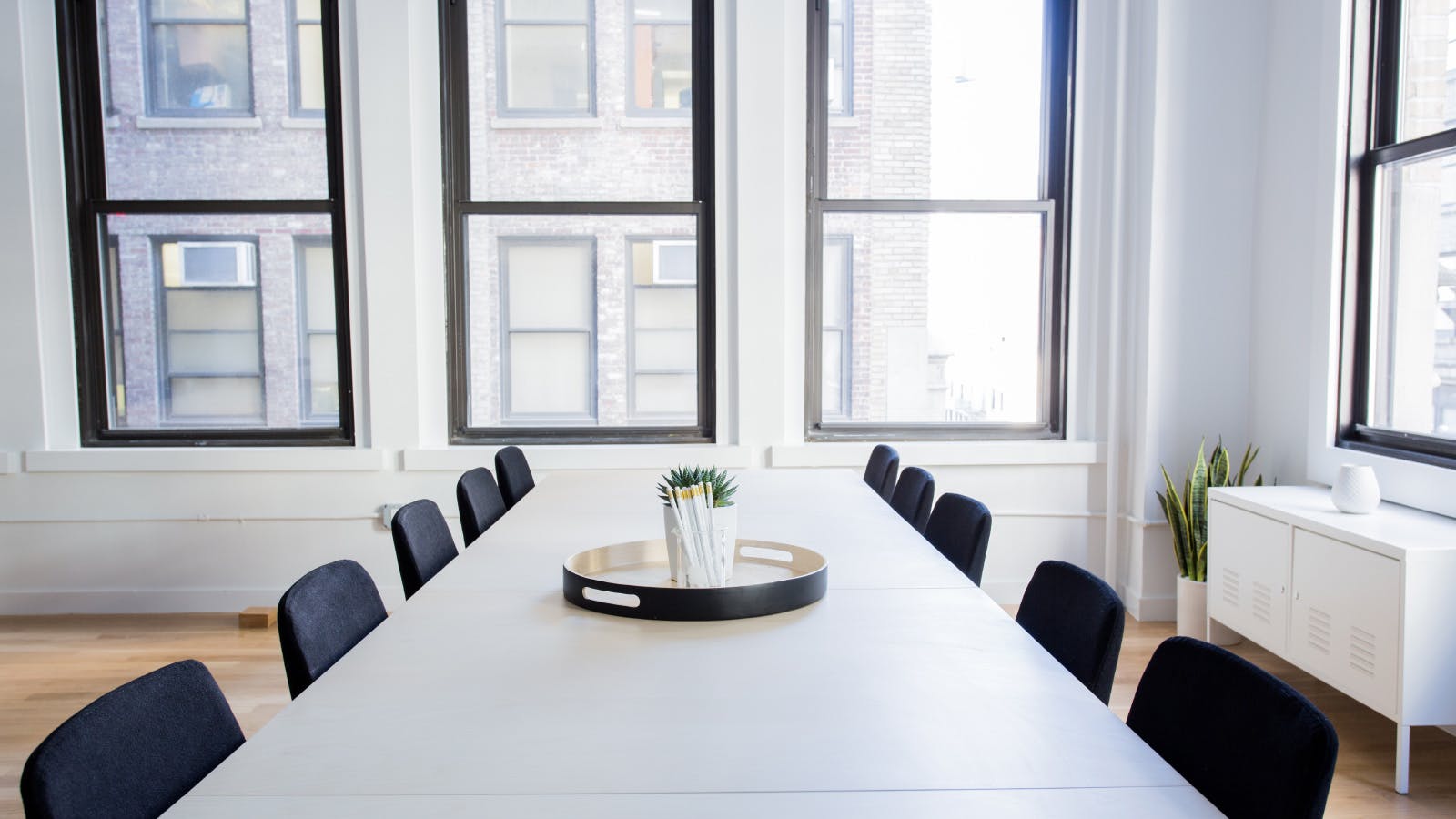
Should sleep be on the agenda of the board of directors?
Nurole's Hannah Partington, a neuroscientist by training, challenges boards to think about how they might ensure their organisations are not being adversely affected by sleep.
When life gets hectic, sleep is often the first thing sacrificed. However, sleep deprivation affects cognition, health and energy. So, investing in sleep could lead to higher productivity, as sleep has been linked to better decision-making and better health.
Everyone's individual sleep needs vary; whilst some can function without drowsiness after six hours sleep, others need up to ten hours to perform at their best. However, it is clear that falling asleep is not a choice we make, but rather a state brought about by fundamental changes in the chemistry of our cells. Throughout the day, changes occur in our temperature, cognitive ability and alertness. This is brought about by changes in hormone levels in our body. After midnight, alertness decreases dramatically, which in turn causes a cognitive impairment worse than that caused by a blood alcohol concentration higher than the legal limit for driving. The physiological changes which occur to prepare us for sleep limit our cognitive abilities, and these fluctuations in alertness occur whether or not we actually go to sleep. Therefore, no matter how busy we feel, we ought to sleep guilt-free, as the work we do late at night will never be the best work we can do, or the most efficient. In the morning, our alertness improves and, consequently, so does our cognitive performance.
Although these physiological fluctuations occur whether or not we sleep, sleep deprivation does have a further detrimental effect on cognitive abilities. Imaging techniques have shown that sleep deprivation reduces brain activity when solving puzzles, as well as taking a toll on effective decision-making. In the developed world, the most common cause of sleeping difficulties is stress, and stress is often linked to job-related pressures. Therefore, anything you do to help reduce the stress on your team, could benefit your organisation hugely, by increasing productivity and performance.
Despite this, sleepless nights can be unavoidable, and many of us resort to the same solution when tired: coffee. Caffeine stimulates our brain for several hours, which can, perhaps counter-intuitively, make us more tired when taken in the afternoon, as it keeps us awake and disrupts our sleep pattern even further. Consequently, many people use sedatives, such as alcohol or sleeping pills, to get to sleep. The resulting sleep is not of good quality. We are therefore prone to falling into a vicious cycle whereby we crave more coffee the next morning.
Stress and caffeine, along with a host of other factors, are all contributing to a lack of sleep in the developed world, which in turn can affect our health. Thus, we should make every effort to make our lives as stress-free and as sleep-filled as possible. When we consider that we spend a third of our time asleep, is it surprising that it plays such an important role in our lives?
The question for boards is, if you accept that talent is a key driver of your organisation's success, what are you doing to ensure your talent is taking sleep seriously? Should organisations be tracking sleep, or derivatives of it, as a key performance indicator, or is that an invasion of an individual employee's privacy?






